Lexus explains… is a series designed to explain features, technologies and user questions related to modern vehicles. Each article provides clear, jargon-free answers, helpful tips and resources, as well as Lexus products or services that can help along the way. This article aims to demystify some of the questions surrounding electric vehicle costs.
Information contained within this article was updated in January 2024 and correct at the time of publication
What electric vehicles does Lexus sell in the UK?
At the time of writing (early 2024), Lexus UK offers two fully electric vehicles: the Lexus RZ 450e and the Lexus UX 300e.
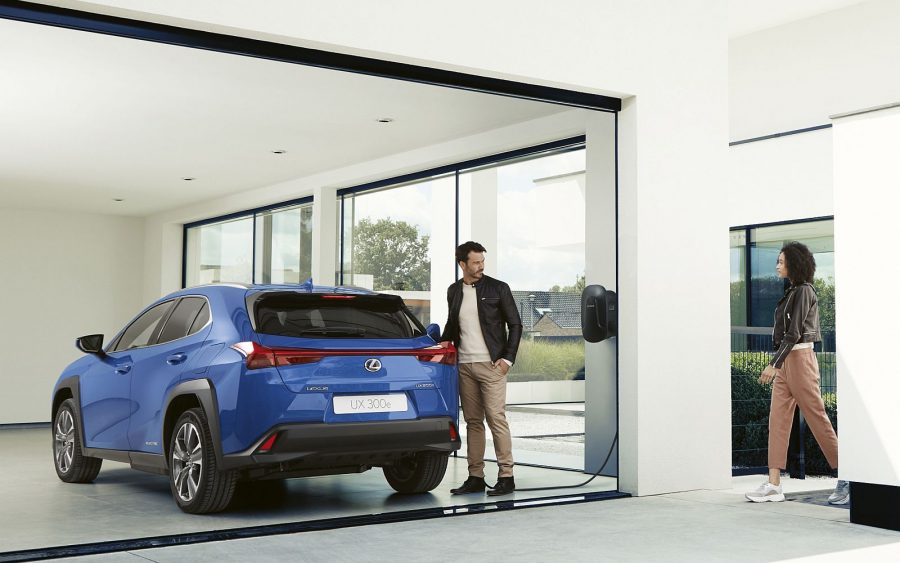
Electric vehicle costs: context
The rising cost of living is forcing many people to re-evaluate their spending habits and lifestyle choices in order to mitigate the negative effect that inflation is having on disposable income.
Personal mobility is one of the areas that always comes under scrutiny. This is partly prompted by the cost of fuel, but drivers are also considering emission-related factors that will have an increasing bearing on the use, viability and costs associated with our choice of transport.
Interestingly, although energy prices have been similarly affected by the rising cost of living, electric vehicles (EVs) are still generally perceived as being more affordable to run than vehicles with internal combustion engines. But is that really the case when all costs are accounted for? Do EVs represent the most viable, cost-effective personal mobility solution right now, or will their cost advantage occur sometime in the future?
See what you think as we address the following frequently asked questions. And if you’re ready to try an electric vehicle, you can book a test drive in a Lexus RZ 450e at your nearest centre by following this link:
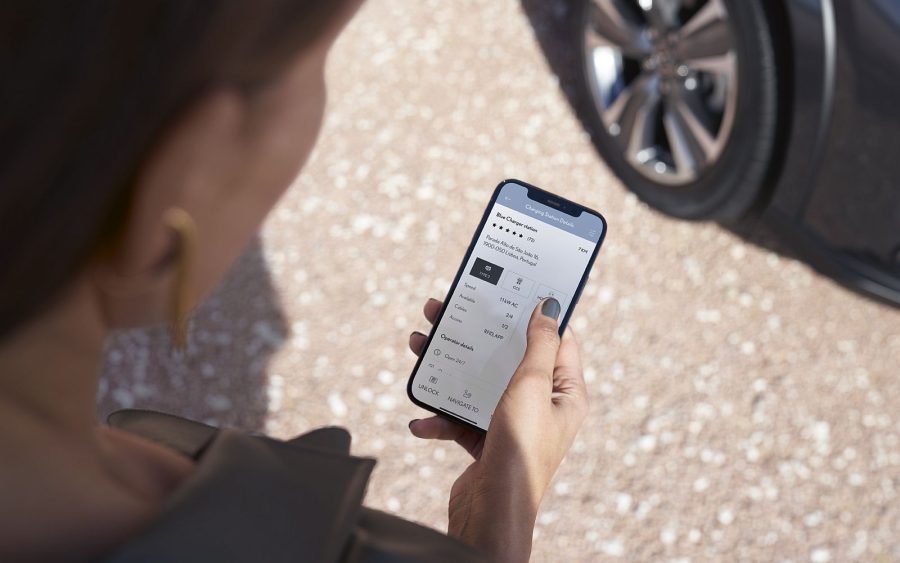
Question: How does the cost of buying and running an EV compare with that of a petrol or diesel vehicle?
⦁ Upfront cost. It is true that in most cases the cost of purchasing an EV is currently higher than that of an equivalent vehicle with an internal combustion engine. However, the difference is narrowing and it is expected to close completely as electric vehicle technology continues to mature and the sales of new EVs exceed those of traditionally fuelled vehicles. Additionally, finance offers could be a way to make EV ownership right for you – click the link below to discover more.
⦁ Recharging/refuelling costs. Once you have made your purchase, the cost of charging an EV’s battery pack should be cheaper than refuelling the tank of an equivalent internal combustion engine vehicle. This can be maximised by choosing charge points with the cheapest pence per kWh tariff – read more about this later in the article.
⦁ Electric vehicle servicing costs. While every vehicle requires regular scheduled maintenance and an annual MoT test (after three years) to ensure its safety, EVs typically require less ongoing maintenance as they have fewer moving parts. Regenerative energy recuperation also reduces the load on expensive brake components and generates additional electricity for the battery. Further running costs can also be offset through tax benefits – more about that below.

Question: How much does charging an EV cost?
⦁ Charging at home. Charging an EV at home is convenient and relatively cheap, however an accounting of the total cost of this facility should include the installation of a home charging point – covered in the Electric Vehicle Charging article. To work out the maximum cost of a single recharge from zero to 100%, simply multiply the size of your vehicle’s battery (quoted in kWh) by the pence per kWh charged by your electricity supplier. Specific domestic energy tariffs are available for EV owners to reduce the cost of overnight charging, but even if you were to use a typical domestic supply of 29 pence per kWh, the 54.3kW battery pack of the Lexus UX 300e should cost a maximum of £15.75 to recharge from empty.
⦁ Charging at work. The UK government has a voucher-based Workplace Charging Scheme in place to subsidise the cost of installing EV charge points at workplaces with dedicated off-street parking. While there is no requirement for companies to make use of this scheme or offer free charging for employees, the number doing so is increasing.
⦁ Charging in public. As explained in the Electric Vehicle Charging article, there are almost 54,000 public charging points in the UK. Charging points near your location can be identified using either Zap-Map or the Lexus Public Charging Network function integrated into the Lexus Link+ app. The latter additionally provides guidance on each point’s availability, charging speed and price per kWh. Some public charge points, such as those in supermarkets, offer free charging while shopping in-store.

Question: What financial incentives come with EV ownership?
⦁ EVs may benefit from local incentives, such as access to lower emission zones, free parking or even free charging
⦁ EVs currently receive a 100% discount on the London Congestion Charge
⦁ EVs currently fall into the lowest band for road tax (VED), registering first year and standard rates of £0.00
⦁ Business users that choose a zero emission vehicle benefit from a 2.0% Benefit In Kind (BIK) rate for the 2023/2024 and 2024/2025 tax years. From there, the BIK rate will rise incrementally to 5.0% for the 2027/2028 tax year
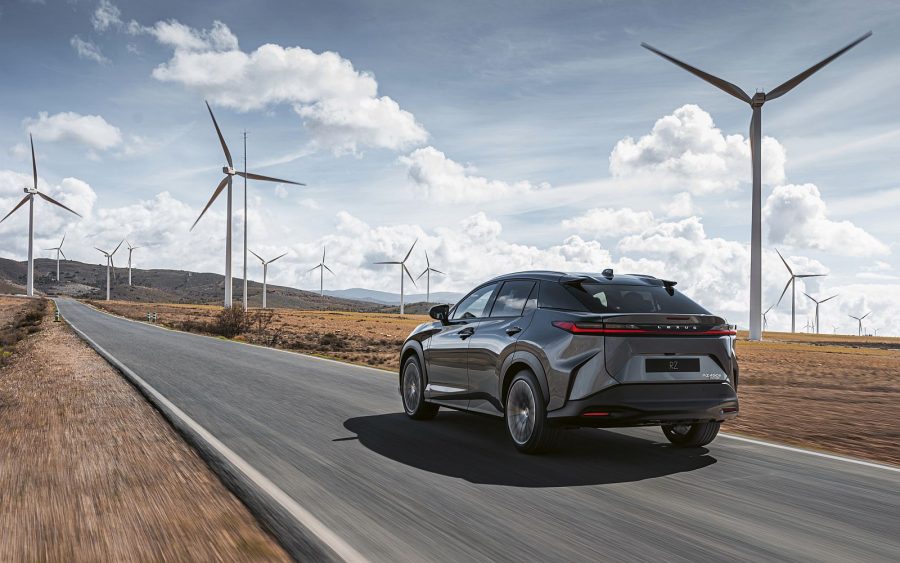
Conclusion
EVs are similar to vehicles with internal combustion engines in that they are subject to purchase and running costs. But as we have explained above, although the initial purchase price of an EV is currently higher than that of a traditionally fuelled car, its running costs can be considerably lower, especially if owners are able to recharge the drive battery via either free or low-cost tariffs.
As electric vehicle sales continue to increase, economies of scale should make EVs more affordable to buy. The switch to zero emission mobility is guaranteed in legislation, so it’s simply up to each of us to decide when to get on-board and start driving home savings – nudged in the right direction by nationwide and local incentive schemes.
Information contained within this article was updated in January 2024 and correct at the time of publication
Read more: Lexus explains – electric vehicle charging
Read more: Lexus explains – electric vehicle range
Read more: Lexus explains – electric vehicle safety
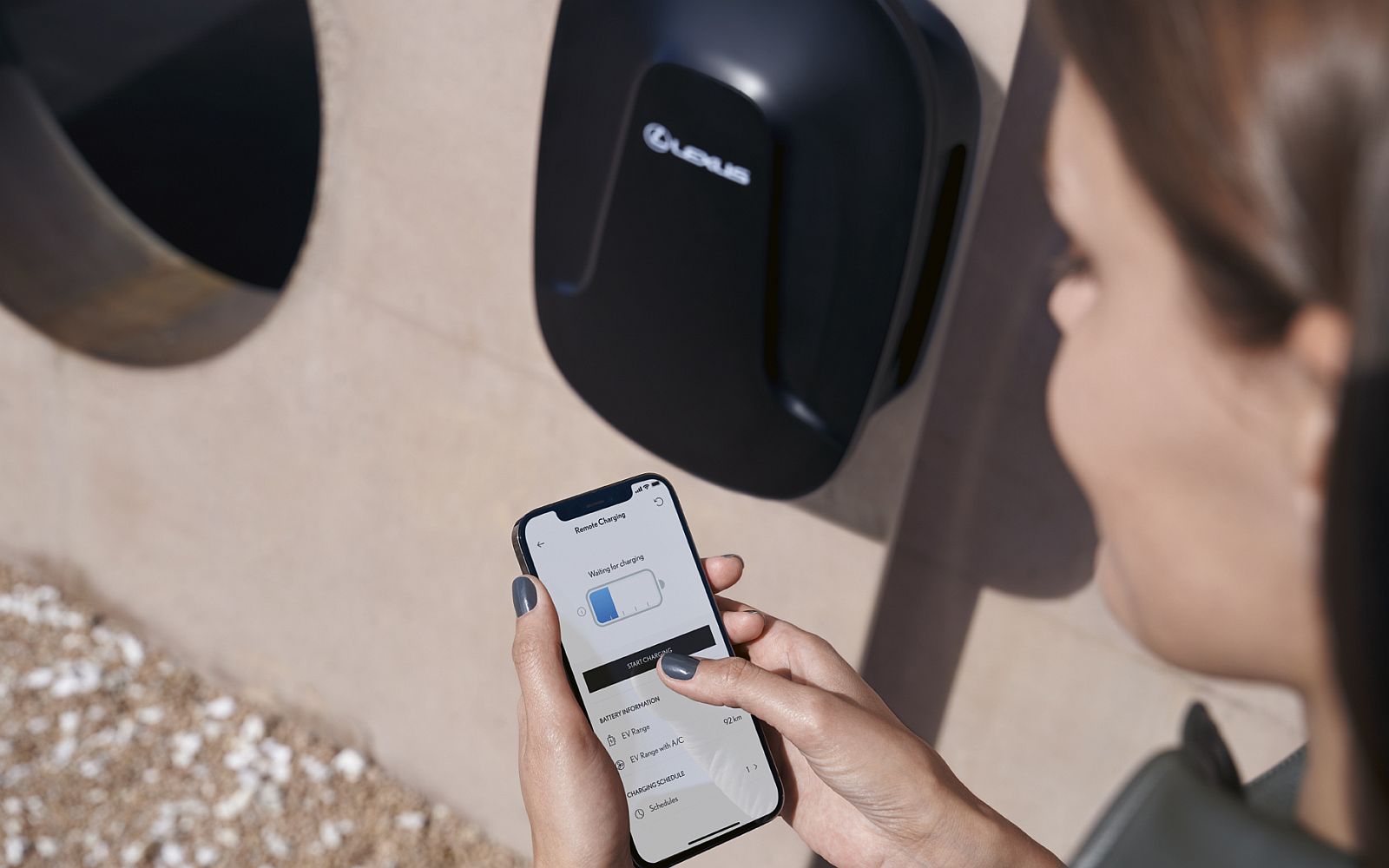
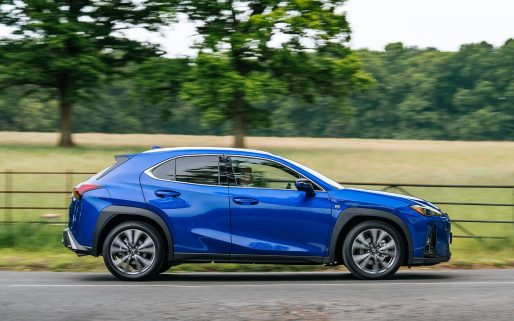

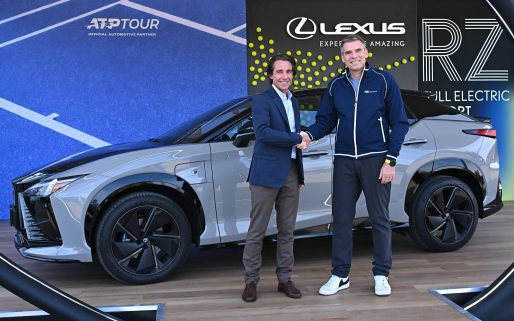
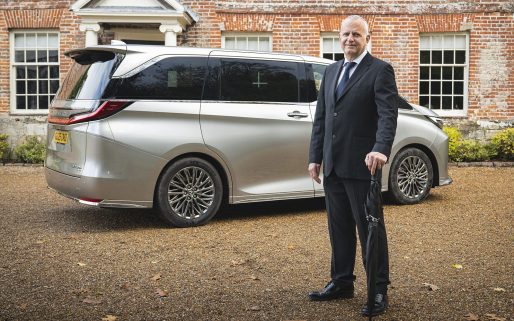
It is clearly shown here that having an EV is beneficial, not only to the owner but to the environment he lives in.
Hello Brian.
Thank you for taking the time to read this.
Are you driving an electric car or considering one?
And such is the case with the upcoming BEVs such as the new RZ. Of which we are yet to be informed of its launch date.
Hello Brian.
Thanks for your comment. RZ has a 71.4kWh battery, with over 250 miles of range (subject to homologation). Electric motors on each axle provide 309bhp and a 0-62mph time of 5.6 seconds. Reservations are open now with deliveries in the first half of 2023. https://fal.cn/3nTDm
Thank you.
Why is there such a small battery on a car of that size, Lexus should be considering the competition where batteries that can achieve a millage equivalent to a tank of petrol 350 miles not 250 miles. I drive a UX300E love the car disappointed in the mileage, it our 6th Lexus we wanted to replace our NX with an electric. As it came to the end of the lease. We always do long distance driving on our holidays and multiple stops to recharge is frustrating
Hi Simon,
Thanks for your feedback.
Compared to equivalent vehicles from Mercedes-Benz, Audi and BMW, RZ 450e has a competitive range, the fastest charging time and the highest battery efficiency.
Increasing range isn’t difficult though. You just add more batteries. This has an impact on vehicle size, packaging, cost, and increasing weight ultimately means decreasing overall efficiency. The priority is to balance all these factors.
We’re sorry the RZ’s range doesn’t you, and would recommend one of our hybrids or plug-in hybrids instead.
Thanks
Thanks for your response, but when the new Nissan Ariy’a is quoting 329 miles on an 87kwh battery and 250miles on a 63kwh battery and the MG ZS EV Long range is quoting 387 miles on a 72..6kwh battery, VW ID3, 58kwh 263 miles & 77kwh is 336 miles, the Skoda Enyaq, BMW IX & Audi Q4 e-torn all have over 300 miles on batteries around 77kwh, the list is endless and some of the cars above are smaller and cheaper than the new Lexus why is Lexus having a problem with mileage on a 71Kwh pack are the cells inferior on density to these competitors. As I said before all manufacturers should be aiming to have battery mileage equivalent to ICE mileage
Actually I’m just a student who is pretty much interested in cars, but I plan on getting one when I have a job of my own
Hi Brian,
I am currently on my 4th Lexus hybrid (RX450h-takumi spec)
Although tempted to make the switch I am disappointed with the time it’s taken Lexus to introduce electric but also the low range
I currently get over 400 miles with a tank of petrol and do not relish stopping at a charging point which may work
I will not buy a Tesla due to the poor quality of finishing and material choices(my son has one in Copenhagen and a good friend has one where I stay in Aberdeen)
Hi Abbie,
Thanks for your custom over the years, and for your feedback. It is really interesting to hear.
Range is not technically difficult for us to increase. You just add more batteries. Of course, this increases the size, weight and cost of the vehicle whilst reducing overall efficiency. You end up carrying around a load of batteries that you never end up using. For RZ, a range of 250 miles from a 71.4kWh battery feels like a great balance, especially given that many Lexus customers hardly ever drive that far in a single day, and have the ability to charge off street overnight. For those that do regular long distance driving, we’d suggest that a BEV probably isn’t the correct vehicle at this stage. Maybe a hybrid or plug-in hybrid would be more appropriate.
What are your thoughts on the new RX? https://www.lexus.co.uk/new-cars/rx/rx-world-premiere
Thanks
This is a clear and fair explanation of the benefits of having an EV.
One important benefit you did not mention is that of having solar panels at home. Having solar panels means you can often charge your EV at no cost using solar energy. This is the case throughout the year.
I do have solar panels and got my first EV, (with a 64kW battery pack), just over a year ago. I have so far driven 12,900 miles and used a total of 3,200kW of electricity. I’ve used 1,720kW of solar, 1,140kW of Economy 7 and 350kW of Public charging.
The total cost of electricity used so far is £249.00, which works out to just 2 pence per mile.
I’m really looking forward to the Lexus electrified saloon becoming available in the UK as I’d like to return to the Lexus brand.
Hello Robert,
Thanks for taking the time to read this article.
We appreciate your feedback and look forward to welcoming you back to Lexus.
Thanks.
Interesting……Lexus appear to be the only manufacturer (according to their sales dept) that offer an unrivalled tech hybrid self charging plug in pack that can return over 300mpg using the clever combination of self charging petrol engine and EV capacity for my ordered 2023 450+ model, there are many other Hybrid versions offered by other car manufacturers, but Lexus lead the way harnessing this technology, and has to be the future right now with low emissions, eco friendly driving and reducing the carbon footprint, diesel & petrol engines according to Government phased out by 2030/35
Not yet convinced. The article does not state annual miles that the study is based on. Soon the government will adjust taxes and remove incentives to recover lost revenue. The main objective for EV vehicles is to reduce emissions. Another interesting aspect of EV cars is the new anti-social problem of “charging rage”.
Please provide an update on hydrogen fuel cell cars in order to include them in the decision making process.
Hi Tony,
Thanks for sharing your thoughts on this. Our parent company, Toyota, is leading the way in hydrogen fuel cell and hydrogen combustion technology. They even sell a hydrogen fuel cell saloon car, based on the same platform used for the Lexus LS. It is called the Mirai and can be explored here: https://www.toyota.co.uk/new-cars/mirai
We have no information on a Lexus badged hydrogen production vehicle at this time.
Thanks
Having read the article it is very much concentrated on overall purchase costs and running costs. What would be of interest is the so called ‘Shelf Life’ of the main batteries and cost of replacing them. There are also intangible costs which government and companies do not seem to highlight. These being the cost environmentally and from a human perspective from mining the material and the production to make the batteries in the first place.
Secondly recycling facilities for used batteries, do we have these in the UK? I fear not, therefore waste has to be transported to other countries to be dealt with and or dumped or recycled, if this incorrect and all bases are covered then I will stand corrected.
I am in favour of an improvement to all of our living environments but personally I do not think we are there yet with regard to electric vehicles holistically.
For interest I currently own an IS 300 which I have had for almost 9 years and rate as one of the best cars I have owned, however despite what the government wishes us to do, I am not looking to go 100% electric any time soon.
Hi Steven,
Thanks for your sharing your thoughts with us.
Based on your experience with the IS 300h over the last nine years, we’re sure you’ll appreciate that Lexus, and our parent company, have a huge amount of experience with battery technology. So, in addition to our standard 3 year / 60,000 mile manufacturer warranty for the UX 300e, we offer a standard 8 year/ 100,000 mile warranty (whichever comes first) on the electric battery. This is extendable to 10 years (or 600,000 miles, whichever comes first).
It is true that more energy is needed to produce an electric vehicle, but this is more than offset during the vehicle lifetime. Of course, we are also working to make our production facilities zero emissions too, to ensure that any impact on the environment is minimal. For battery recycling, we use a company called Umicore in Belgium.
We think it is clear that there is room for improvement both across the vehicle and the supply chain, and we are doing all we can to minimise impact where we can, whilst hitting targets on emissions mandated to us by national governments and other organisations.
If hybrid continues to represent the best option to you, we do not have any issue with selling you another one when the time is right.
Thanks
I have ordered aNX450+ 2.5 Plug In Hybrid since April. When do you think production on it will start, please?
Thanks,
Leighton Davies
Hi Leighton,
Thanks for your order, and for waiting. Back in April, we were looking at a production slot in August or September, for delivery in December or January.
Of course, this is subject to change based on supply issues. We recommend a chat with your Lexus centre for an update on your order.
Thanks
Range anxiety is always a problem on long journeys.Recently I was on a journey from home in Scotland to the South Coast of England a journey of approx 535 miles.Recharging was a continual problem due to either all charging points occupied or charging points not functioning.Despite carefully planning the journey this led to preferred recharging points not available having to source replacements continually using charge whilst accessing apps to locate same.I drive personally a Lexus NX Hybrid and would still go for a self/plug in hybrid until the infrastructure is a lot better than at present.Local running is fine but longer journeys are still a chore.
Hi Alan,
Great points. Long distance is certainly more of challenge although the Lexus Charging Network should help. Cross country journeys like this are relatively rare though, thankfully. If somebody does long distances regularly though, we’d probably suggest that a BEV isn’t the right vehicle for them at this time.
Thanks
Very helpful article. It doesn’t compare the EVs with hybrid cars which must reduce the cost difference I presume.
I currently own a Lexus GS 300 H. The best saloon I’ve ever owned. So now waiting for your all electric saloon too
You state that the cost differential is getting closer does that mean normal petrol cars are to get dearer or EVs are coming down in price ?
Hi John,
As with anything, the more you produce, the cheaper it becomes. We expect this to happen with battery electric vehicles. We also have some technological advancements in the pipeline that should make them cheaper too.
Watch this space.
Thanks